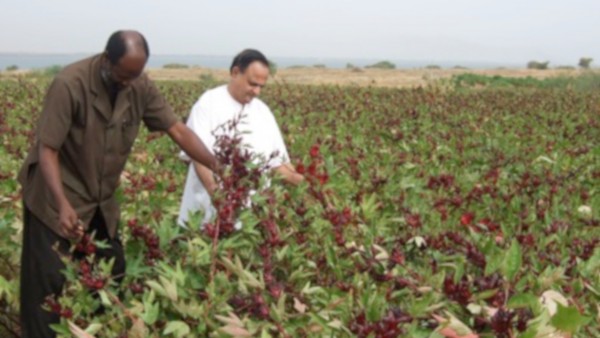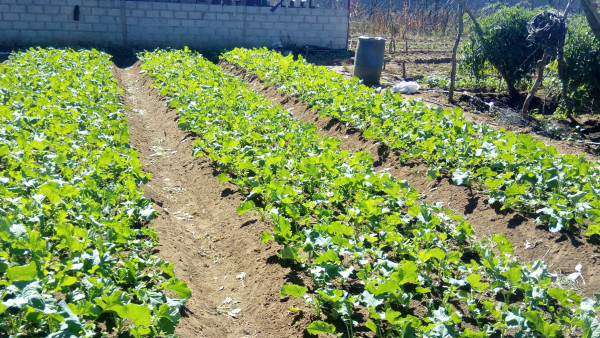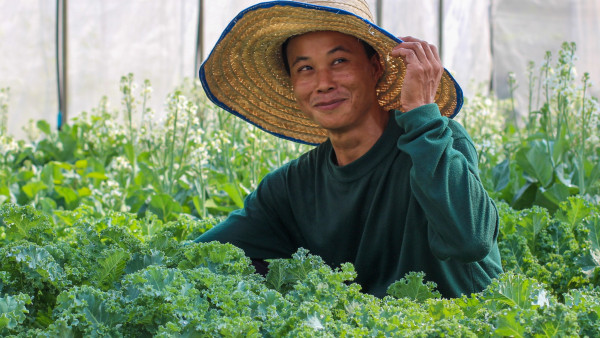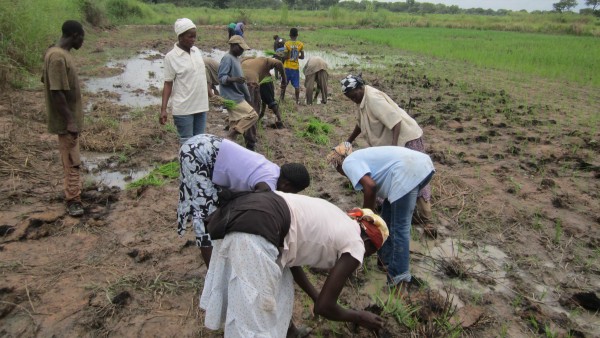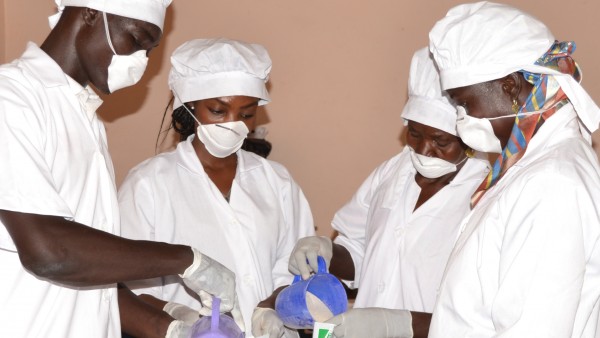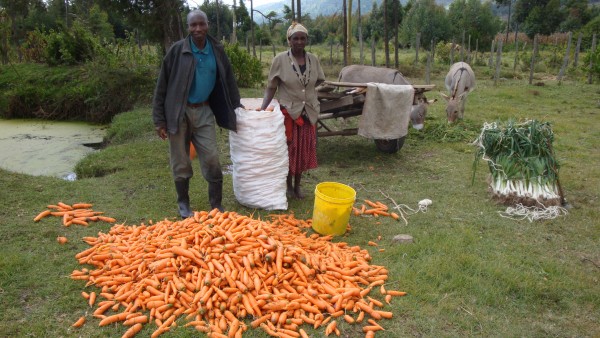Producing Mushrooom SporesPromoting mushroom farming among vulnerable populations



The initiative aims to make the production of mushroom spores accessible to rural populations in Rwanda, particularly vulnerable people living in zones with a high risk of soil erosion. Mushrooms, as a short-cycle, high-yield crop, offer an alternative to traditional crops that is both more profitable and has a higher nutritional value. The initiative is pioneering the local production of mushroom spores in a laboratory run by the Association of Vulnerable Widows Affected and Infected by HIV and AIDS (AVVAIS). The laboratory produces primary, secondary and tertiary mushroom seeds, and also trains the cooperatives involved in the project on how to grow mushrooms, encouraging new, eco-friendly and income-generating activities. The beneficiaries include rural women’s cooperatives and fishing villages that are particularly exposed to climate change. Besides promoting subsistence agriculture, the initiative offers beneficiary communities access to markets, selling their products to the catering industry and grocery stores as well as exporting them.
Partners
AVVAIS the Association of Vulnerable Widows Affected and Infected by HIV and AIDS is the majority partner and lead manager of the initiative.
The Global Environment Facility’s Small Grants Programme of the United Nations Development Programme provides technical and financial support.
The District of Kicukiro is the local authority and assists the initiative in legal procedures.

